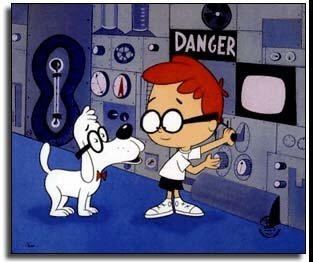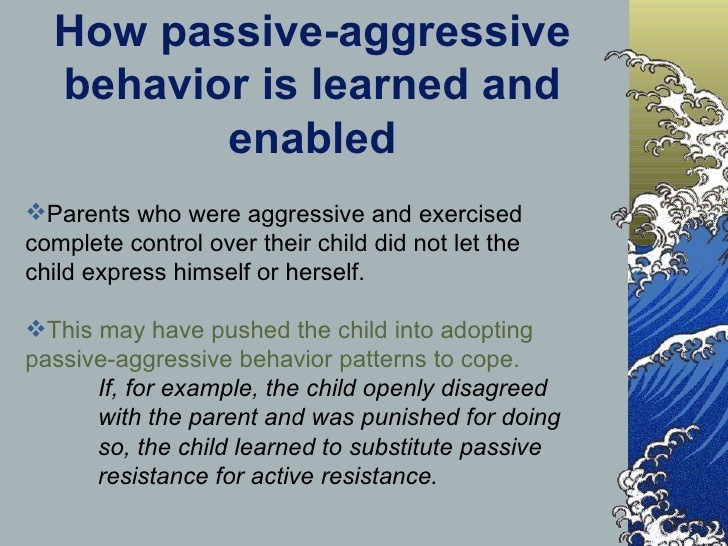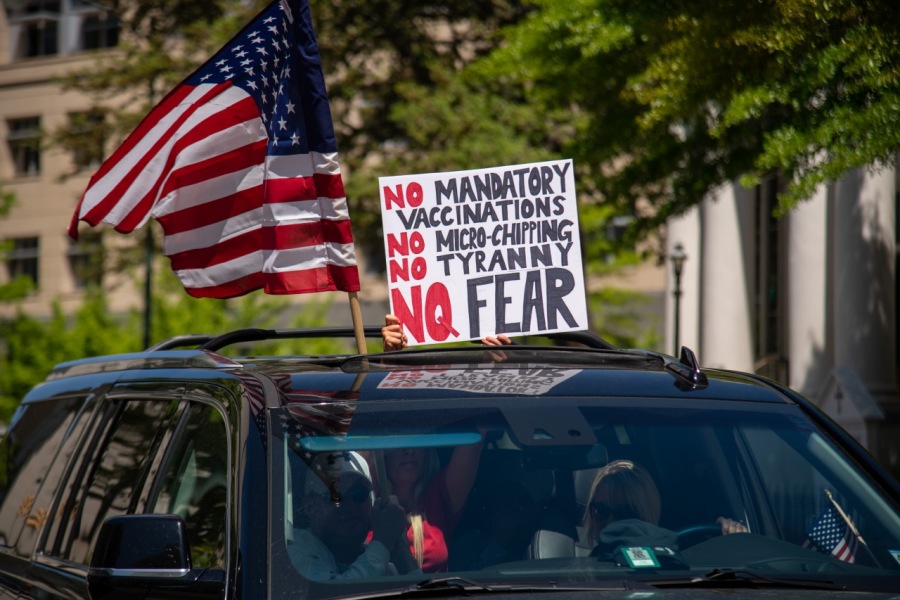Is It a Mystery?
Note: Last week's blog elicited a range of responses, from "Are You OK?" to an outpouring of congratulations for the 30,000-foot view of my life and the people that have played a prominent role in it. THANK YOU! Back to my quirky view of human behavior this week. Enjoy. Previous installments of my weekly blog from 2013 are located on my website at http://stevemarshallassociates.com/steves-blog/
There Are Only Four Basic Emotions

"Set the Wayback Machine, Sherman." So says Mr. Peabody to his adopted son, Sherman, in 1960. Peabody, a beagle, who is also the smartest being in existence, invents a time machine and gives it to Sherman as a birthday present. Over the course of 91 episodes, they visit every significant figure in the past 2000 years as a way of giving young Sherman and an up close and personal look at living history.
Today I am only venturing back 45 years to my studies in clinical psychology to describe a theory (that still stands) that states there are only four human emotions; mad, sad, glad, or scared. There are permutations and subordinations of each that manifest themselves, such as passive-aggressive behavior, shutting down, baffled, delighted, worry, shame and over 100 other behaviors. Often, it falls to the clinical psychologist to find out the root of these behaviors and how, why, and when they are exhibited in socially inappropriate ways and settings. By isolating them to one of the four basic emotions, it becomes easier for the professional to isolate, explore with the client, and prescribe a course of correction. Obviously, this is a gross oversimplification that some of my psychologist readers are already cringing over, but I am just setting the stage for a case history.
Passive Aggressive Behavior

Today, I want to focus on one of the most common inappropriate behaviors that I see; that cripples people from achieving personal and professional success. Defined as "the indirect expression of hostility, such as through procrastination, stubbornness, sullen behavior, or deliberate or repeated failure to accomplish requested tasks for which one is (often explicitly) responsible." If we want to isolate this to one of the four basic emotions, it comes from "mad." How does it happen? Unfortunately, for many of us, it is one of the many learned scripts our first teachers - our parents - provided us as we learned socialization skills, especially if the parents exercised a lot of control over their children that resulted in the children suppressing their feelings of anger. It then carries forward to our adult life where passive aggressive behavior is further reinforced because anger is socially unacceptable.
In Real Life and My Work

Has anyone ever accused you of "you just don't get it, do you?" I find myself saying this to myself quite often when I am working with leaders that are bumbling and blundering their way through human interactions with their Boards, staff, and professional relationships. By watching the body language and the non-verbal communication from everyone else in the room while the leader is talking, I am always amazed how oblivious leaders can be when everyone but them seems to be hearing what the leader is actually saying but never does!
Case History
The CEO of a statewide professional organization retains my firm to explore the reasons why the relationship between the state office and all of the county offices is less than optimal. I interview all of the individual county executives and discover a broad range of opinions; from negative to positive to indifference. The negative opinions focus in on the state leader's patronizing attitude toward them, and a feeling of their role is not as important as his. When I summarize this to the leader in a brief report, he tells me to bury the negative feedback because it will not be helpful moving forward and he has already addressed all of the issues I reported. I tell him that I will omit this information in this report, but following the next step; a planning offsite, I will produce a follow-up report, summarizing what was done at the offsite and (hopefully) show any positive movement toward an improved relationship from the feedback forms everyone submits to me at the end of the session.

The feedback from the participants is mixed, and some are still feeling that no progress was made toward addressing the real issues identified in the pre-offsite interviews. I prepare and present my summary report to the leader and once again, he asks me to delete any criticism contained in the conclusions and recommendations section of the report. I adamantly refuse to do that and let him know that his position on the matter will do little to actually to improve the situation, which is why I was retained in the first place!
Since we are both intractable on this issue, I offer him a compromise. I will produce a plain text version of my summary of just the offsite work created, and I will let him decide what to do with that information. However, it will not be on my letterhead, and I will not include a signature page. He agrees, and we both move on.
It is a Mystery!
Back to the title of this week's blog......the above scenario just puzzles me. Why did this CEO act in the way he did? His behavior is clearly passive aggressive and is partially based on fear and also partially in anger. The bottom line - he never wanted to deal with actually bridging the gulfs in the organization in the first place; after all, who were "these people" to question his leadership?
Next Week: Back to Basics""""
Articles from Steven Marshall
View blog
NOTE: Thank you for the excellent feedback on last week's post about "Whatever Happened to Complicat ...

NOTE: The Brookings Institution in Washington, D.C. recently completed a study on how people in this ...

NOTE: This blog was initially published in 2014 as part of a series I wrote about the most unforget ...
You may be interested in these jobs
-

Hotel Front Desk Attendant
Found in: Lensa US 4 C2 - 1 day ago
La Quinta Inn, Phoenix Sky Harbor Airport Tempe, United States· La Quinta Inn, Phoenix Sky Harbor Airport in Tempe, AZ is looking for one Front Desk Agent to join our 9-person strong team. Our ideal candidate is attentive, ambitious, and reliable. · Do you have a passion for service and love to put a smile on people's faces? Then you migh ...
-

rural carr assoc/srv reg rte
Found in: One Red Cent US C2 - 5 days ago
US Postal Service VILAS, United StatesUS Postal Service US HIGHWAY 421 N [Mail Carrier / Package Handler / Delivery Driver] As a Rural Carrier Associate with USPS, you will: Case, deliver, and collect mail along a prescribed rural route using a vehicle; Provide customers on the route with a variety of services...Appl ...
-
Greater Oklahoma City Medical Director
Found in: Lensa US 4 C2 - 1 day ago
Connecticut Veterinary Medical Association Bethany, United StatesCouncil Veterinary Hospital is searching for a skilled veterinarian to lead our small animal practice in Bethany, Oklahoma. Bethany is located northwest of Oklahoma City, less than 15 miles from downtown. · Currently, our team is comprised of our Medical Director and one Associat ...

Comments
Steven Marshall
7 years ago #4
Ahh, I get it now.
Steven Marshall
7 years ago #3
Thanks, Brian. Do you mean RedCell from Melville, NY? And, yes, I remind myself of your closing point all the time. If everyone was perfect, they wouldn't need me!
Steven Marshall
7 years ago #2
I think, in this case, this CEO is just burned out and doesn't know it. He is also very angry with a rapidly changing world that doesn't appreciate his top-down, authoritative style of leadership. Thanks for reading it, Donna-Luisa Eversley.
Steven Marshall
7 years ago #1
Thanks for your comments, Irene Hackett. You are exactly right, too.